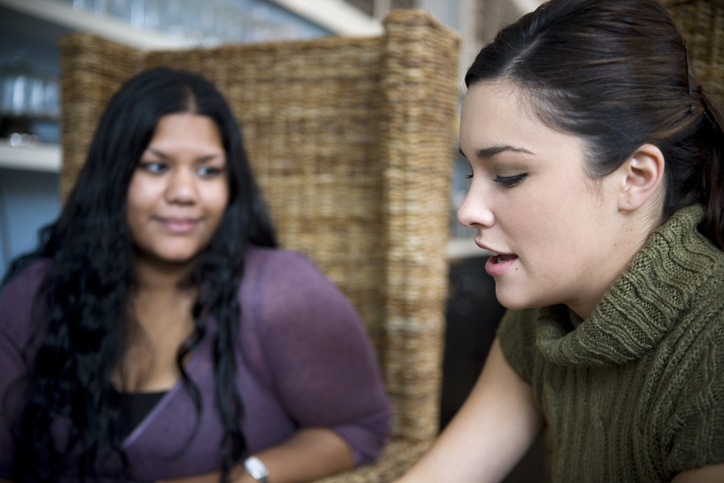I don’t feel like I’m coping
Being a victim of crime can be frightening and upsetting for anyone, not just children and young people, so if you are finding it difficult to cope with the experience you have been through you are not alone.
This content has been written for children and young people. If you’re looking for information for over 18s, visit our Coping with Crime information.
You may be feeling fear and anger, you may be depressed or lonely, and you may have lost your confidence or your self-esteem.
It’s okay – none of these feelings are unusual. There are different coping strategies you can try to get you through this time, and lots of people who can give you help and advice.

